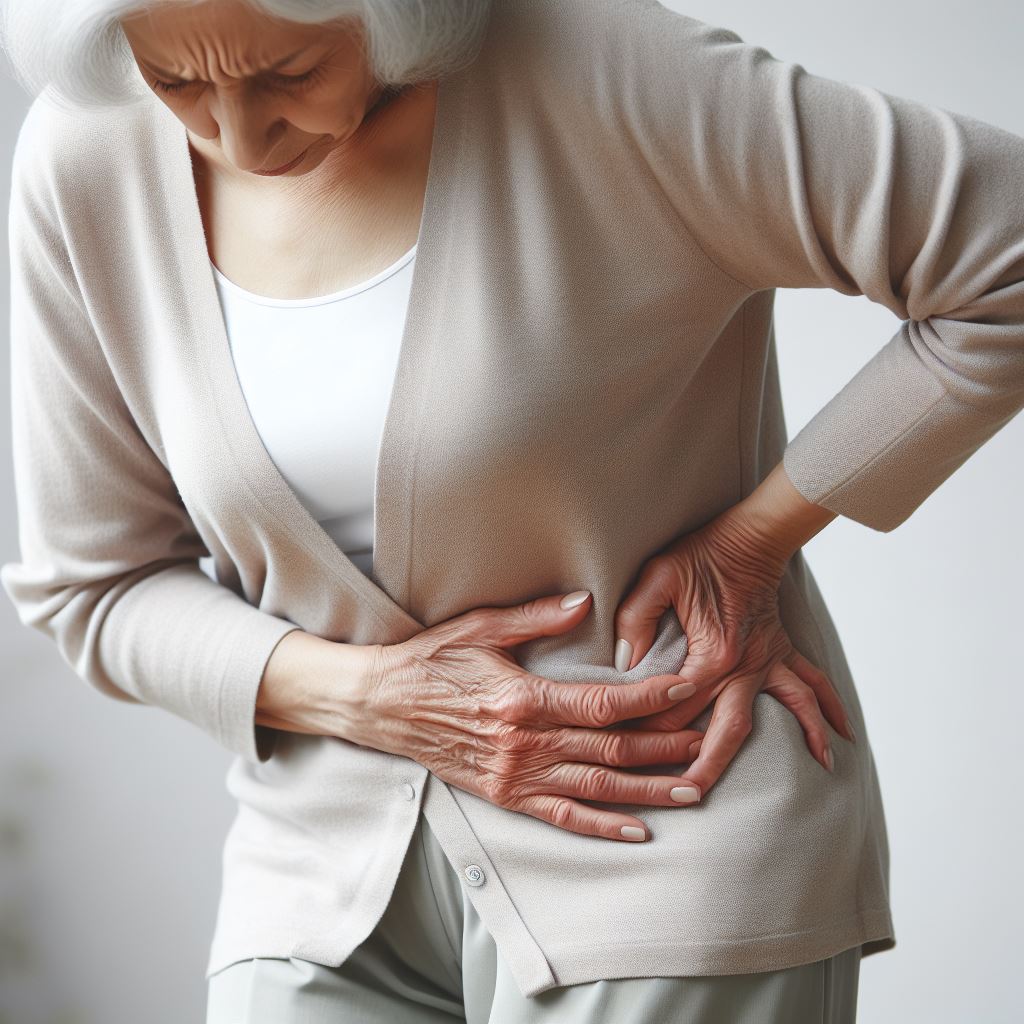Hip Pain

Hip pain can arise from various causes, including arthritis, bursitis, tendonitis, strains, or injuries. The appropriate treatment often depends on the specific cause, but several over-the-counter (OTC) options can provide relief for general hip pain:
1. Nonsteroidal Anti-inflammatory Drugs (NSAIDs): These can help reduce inflammation and pain.
Ibuprofen (e.g., Advil, Motrin IB)
Naproxen (e.g., Aleve)
2. Acetaminophen (e.g., Tylenol): This can help alleviate pain, but it doesn’t possess the anti-inflammatory properties of NSAIDs.
3. Topical Analgesics: These are applied directly to the painful area.
Counterirritants (e.g., Icy Hot, Bengay): Products containing ingredients like menthol or camphor, which produce a warming or cooling sensation.
Topical NSAIDs (e.g., Voltaren Gel)
Capsaicin cream: Can be effective for some types of arthritic pain.
Lidocaine patches or creams: Offer a numbing effect to the applied area.
4. Heat and Cold Therapies:
Cold Packs: Applying cold can reduce inflammation and numb the area, especially following acute injuries or flare-ups.
Heat Packs or Heating Pads: Applying heat can relax and loosen tissues and stimulate blood flow.
5. Supportive Devices:
Crutches or canes: Can provide additional support, reducing strain on the affected hip.
Hip braces or compression wraps: Can offer support and warmth, potentially helping with certain conditions like hip flexor strains.
Lifestyle and Preventive Measures:
Maintaining a healthy weight can reduce strain on the hips.
Engaging in regular low-impact exercises like swimming, cycling, or walking can help maintain hip mobility and strength, potentially reducing pain.
Proper footwear with good arch support and cushioning can help with alignment and reduce pain.
If pain is related to a specific activity, ensure you’re using proper form and techniques.
Related: Osteoarthritis
Additional Information
Diagnostic Techniques
When experiencing hip pain, it’s crucial to understand the underlying cause. Diagnostic techniques such as X-rays, MRIs, and physical examinations are instrumental in identifying the specific reason. These methods help distinguish between conditions like arthritis, bursitis, or tendonitis. Timely diagnosis is key in managing hip pain effectively.
Physical Therapy
Physical therapy plays a vital role in both early and advanced stages of hip pain. Therapists work on improving hip strength, flexibility, and range of motion, which can significantly alleviate pain. Regular physical therapy sessions can be crucial in both treating and preventing pain, especially in chronic conditions.
Alternative Therapies
Alternative therapies, including acupuncture, yoga, and tai chi, offer additional options for managing hip pain. These practices focus on holistic health, promoting balance and alignment, which can be particularly beneficial for those with chronic pain.
Nutrition
Diet and nutrition significantly impact hip pain management, especially in arthritis-related cases. Foods rich in omega-3 fatty acids, antioxidants, and vitamins can help reduce inflammation and pain. Maintaining a balanced diet is an integral part of managing pain effectively.
Psychological Impact
Chronic hip pain can affect mental health. Addressing the psychological impact is essential, and support groups or counseling might be necessary. Coping strategies and seeking psychological help can be vital components of a comprehensive treatment plan for hip pain.
Preventive Measures
Prevention is crucial in managing hip pain. Athletes, the elderly, and individuals with a history of hip problems should take specific measures to prevent pain. This includes maintaining a healthy weight, engaging in low-impact exercises, and wearing proper footwear. Preventive measures can significantly reduce the risk of developing hip pain.
Post-Surgical Care
In cases where hip pain leads to surgical interventions like hip replacement, post-operative care and rehabilitation are critical. Proper care following surgery can greatly impact the recovery process and effectiveness of the treatment.
Risk Factors
Understanding risk factors such as age, previous injuries, and specific medical conditions is important in preventing and managing hip pain. Awareness of these factors can help individuals take proactive steps to avoid the development or worsening of hip pain.
Supplements
Supplements like glucosamine, chondroitin, and calcium are often considered by individuals suffering from joint pain. While supplements can play a role in managing hip pain, it’s essential to consult with a healthcare professional before starting any new supplement regimen.
